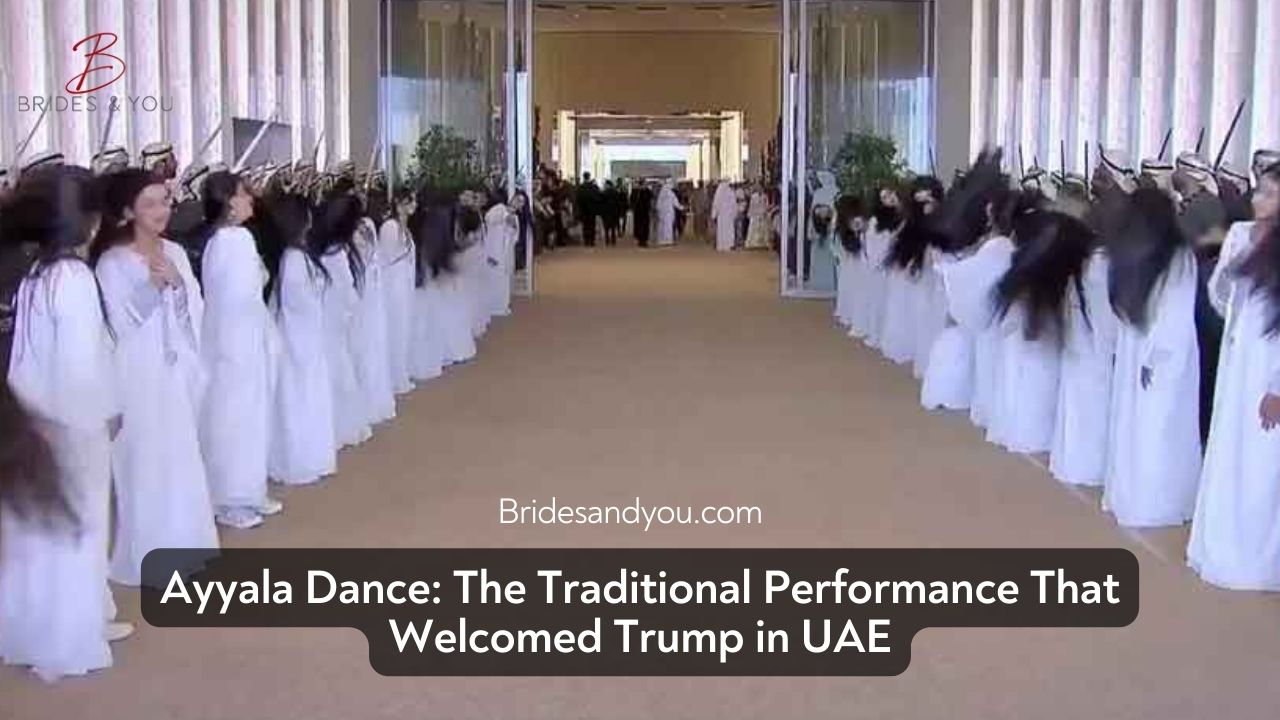Now Reading: Spotify India Removes Pakistani Songs: A Political Move or Cultural Setback?
-
01
Spotify India Removes Pakistani Songs: A Political Move or Cultural Setback?
Spotify India Removes Pakistani Songs: A Political Move or Cultural Setback?

In a move that has stirred both controversy and heartbreak, Spotify India removes Pakistani songs following a government advisory issued on May 8, 2025. This decision, rooted in political tensions between India and Pakistan, has sparked debate over censorship, freedom of expression, and the cultural ties that music helps foster.
The Indian Ministry of Information and Broadcasting cited national security concerns, ordering digital platforms to remove all Pakistani content. The directive comes on the heels of the Pahalgam attack, which the Indian government claims was orchestrated by Pakistan. Although a ceasefire has been established, this sweeping removal of content underlines the long-standing political rivalry between the two nations.
What Was Removed: A Cultural Cleansing of Digital Platforms
Following the advisory, several popular Pakistani tracks, including:
- ‘Maand’
- ‘Jhol’
- ‘Faasle’
have disappeared from Spotify India, YouTube Music, and other major streaming services. But the ban hasn’t stopped at just audio tracks—it’s extended to visual media as well. Album covers, posters, and promotional materials featuring Pakistani artists are being altered or removed altogether.
For example:
- Mawra Hocane, who starred in Sanam Teri Kasam, has been edited out of Spotify and YouTube Music visuals.
- Mahira Khan, the lead actress in Raees, has been cropped from all promotional material.
- Fawad Khan’s presence in Buddhu Sa Mann from Kapoor & Sons has been completely erased from YouTube for Indian users.
This digital erasure raises serious questions about artistic freedom, digital censorship, and the role of music in softening political divides.
Impact on Shared Musical Heritage
The Indian subcontinent has always shared a deeply rooted musical culture. Legendary Pakistani artists such as Nusrat Fateh Ali Khan, Abida Parveen, Nazia Hassan, Atif Aslam, and Ali Sethi have had immense fanbases in India for decades. Their songs transcend borders, languages, and politics.
Unfortunately, as Spotify India removes Pakistani songs, it marks a troubling moment for this shared cultural identity. Fans on both sides are disappointed, as the move not only restricts access to music but also symbolizes a larger cultural divide being drawn.
Double Standards: Remixes Still Thrive
What adds fuel to the fire is the fact that while original Pakistani songs are being banned, Bollywood continues to profit from remakes and adaptations of these very songs. Tracks like:
- ‘Aap Jaisa Koi’
- ‘Hawa Hawa’
- ‘Nach Punjaban’
- ‘Pasoori’ (Bollywood version)
are still widely played across Indian platforms. These remakes rake in views and revenue, even as the original creators are being erased from the digital scene.
This selective approach not only smacks of hypocrisy but also showcases a troubling trend of cultural appropriation—where the art is celebrated, but the artist is censored.
Artists & Producers React
Industry insiders have expressed a mix of resignation and concern. Deepak Mukut, the producer of Sanam Teri Kasam, told Hindustan Times:
“It’s their decision. Whatever our government says, everyone has to follow.”
However, many fans and independent artists are questioning whether such decisions truly serve national interests or merely deepen the divide between two cultures that have so much in common.
What This Means for Listeners and Artists
While political tensions come and go, music has always been a bridge—a universal language that binds people across borders. The fact that Spotify India removes Pakistani songs is not just a regulatory move; it’s a cultural message. And for now, that message seems to be one of division rather than unity.
This situation serves as a stark reminder of the fragility of artistic expression in a world increasingly governed by political directives. Fans, artists, and cultural commentators alike are left wondering: if music can’t survive the politics, what can?










